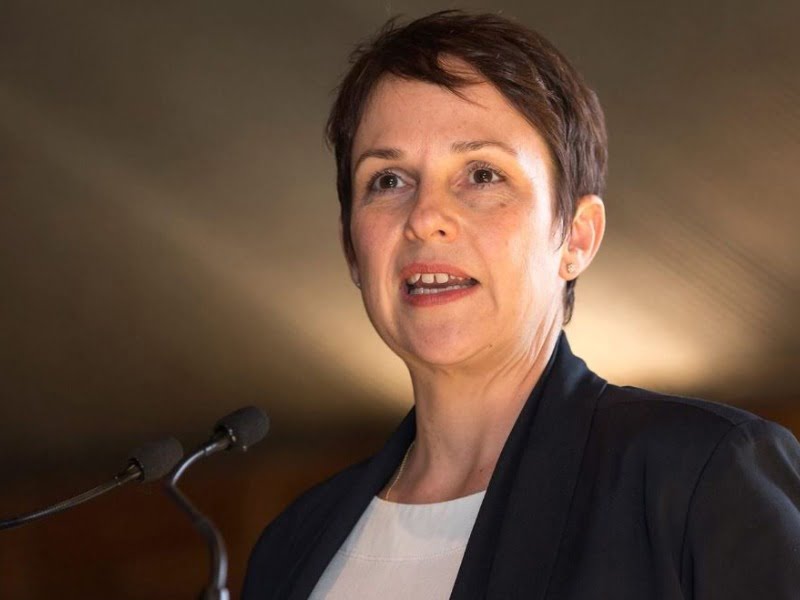Victoria will conduct the first clinical trial of an mRNA COVID-19 vaccine in Australia as the state looks to partner with the federal government to establish a national manufacturing capability.
On Sunday the Victorian government announced that its partnership with the Monash Institute of Pharmaceutical Sciences and the Doherty Institute has developed and will make the country’s first local mRNA COVID-19 vaccine candidate to reach Phase 1 clinical trials, which are expected to start in October.
The Victorian government will provide $5 million for the trials, the first funding to be invested from the $50 million set aside in this year’s state budget for a local mRNA capability.
It will also look to gain federal funding and support through the Commonwealth’s current approach to market for parties looking to establish an onshore mRNA vaccine manufacturing capability.
InnovationAus understands that the state government has not yet made a submission to this approach to market, but will be doing so in the next month before it closes.
“We’re serious about developing our mRNA manufacturing capacity and doing it as quickly as we can, because it will save lives,” Victorian innovation minister Jaala Pulford said.

The Monash project has already received $3 million from the federal government for Phase 1 from the Medical Research Future Fund. The latest clinical trial will see 150 people involved, with preliminary results expected in the first half of next year.
Monash University Professor of Pharmaceutical Biology Colin Pouton welcomed the funding announcement.
“The investment by the Victorian government into establishing Victoria’s mRNA manufacturing capability presents exciting opportunities to develop life-saving vaccines and therapeutic treatments for all Australians,” Professor Pouton said.
The development of mRNA vaccines locally in Australia has been in the spotlight since last year, in response to the COVID-19 pandemic.
The federal government has shown interest in becoming a partner in such a project, opening an approach to market last year for a private company or state government to deliver a long-term sovereign mRNA manufacturing capability, an end-to-end onshore capability in Australia.
This process is open until 16 July, and it’s understood the Victorian government will be making a submission through it for its Monash project.
It offers an alternative to a local manufacturer using the intellectual property from an existing mRNA vaccine, such as from Pfizer or Moderna, and then making it locally.
Competition is heating up between state governments on where Australia’s mRNA manufacturing capability will be located, and there’s a prospect there will be multiple facilities
The University of Queensland earlier this year received $2.2 million in funding, to be matched by the university, for a facility to quickly develop and test mRNA vaccines.
New South Wales has also thrown its hat into the ring, with Premier Gladys Berejiklian declaring an interest in making the state the “home” of mRNA manufacturing in Australia.
“NSW is well placed to provide the advanced manufacturing workforce training, the scientific expertise and the physical location of a future RNA-based manufacturing hub. The state has an established advanced manufacturing capability and is well placed to be the home of mRNA manufacturing in Australia,” Ms Berejiklian said in May.
The federal government provided funding in the May budget for the establishment of a local mRNA manufacturing capability, but did not disclose how much was set aside due to commercial-in-confidence reasons.
Late last year the Commonwealth paid consulting giant McKinsey $2.2 million to develop a business case on the local manufacturing of mRNA vaccines. This report will not be made public, and has not been provided to those applying for the government’s project.
McKinsey has been paid a further $2.1 million to assist with this approach to market process, which is ongoing.
Do you know more? Contact James Riley via Email.

